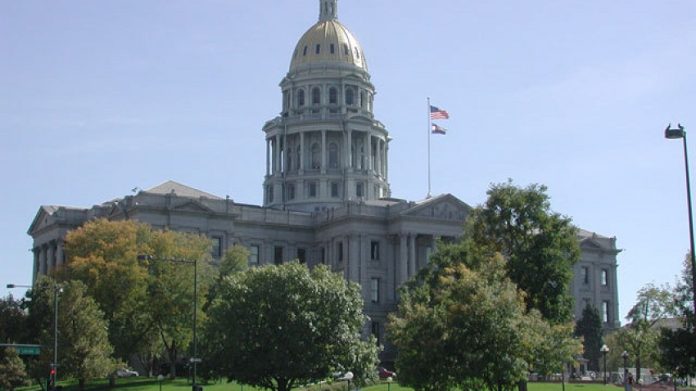Pueblo, CO – A new proposal in Colorado is aiming to give voters a bigger role in deciding who represents them when a state lawmaker resigns before completing their term. However, the measure is receiving mixed reactions, with some critics arguing it does not fully address the issues with the current system.
Under Colorado’s existing vacancy process, when a legislative seat becomes vacant, political party insiders—rather than voters—choose the replacement through a vacancy committee. This method was designed to ensure that the seat is quickly filled and that citizens in the district continue to have representation during the General Assembly’s 120-day session.
State Representative Emily Sirota, a Democrat from Denver and one of the sponsors of the proposed legislation, explained that the goal is to better reflect the will of the people during these short legislative sessions. “We want to ensure that the people’s will is actually represented here during that session,” Sirota said. “There has been some frustration expressed about the process we currently have to fill those vacancies to ensure that our districts aren’t going unrepresented.”
Approximately one in four of the current lawmakers entered the legislature through the vacancy process, illustrating how common the system has been in filling empty seats.
House Bill 25-1315, introduced by Sirota and a bipartisan group of lawmakers, would maintain the vacancy committee’s authority to make an initial appointment but would require that the appointed person stand for election within one year. This approach is designed to strike a balance between allowing a timely appointment and giving voters a chance to participate.
“We are giving voters more opportunity to engage in the process, but we are still allowing for a timely appointment,” Sirota said.
However, the proposal has faced criticism, particularly over the fact that not all voters would be able to participate in the special elections. The bill limits voting to those who are registered with the same political party as the former lawmaker or to unaffiliated voters. This restriction has raised concerns about fairness, particularly among critics who argue that limiting the electorate undermines the broader principle of democratic engagement.
Highlands Ranch resident Catherine Lees is one of the critics of the bill. “It’s more expensive for the taxpayers to run these special elections that not every voter gets to vote in,” she said, noting that the bill would come at an estimated cost of $338,000 in its first year, with additional annual costs of $17,000.
The proposal has sparked debate over whether the benefits of more voter involvement outweigh the costs and limitations. Some argue that the process needs to be more inclusive and that the additional cost could be justified if it leads to a more democratic and representative system for filling vacancies. Others worry that the bill does not go far enough to ensure all voters have a say and that the costs could burden taxpayers without delivering enough of an improvement.
As the bill moves forward, lawmakers will have to weigh the potential for increased voter participation against the financial and practical considerations of running special elections in an already constrained legislative system. The outcome could have significant implications for the way Colorado handles legislative vacancies in the future.



